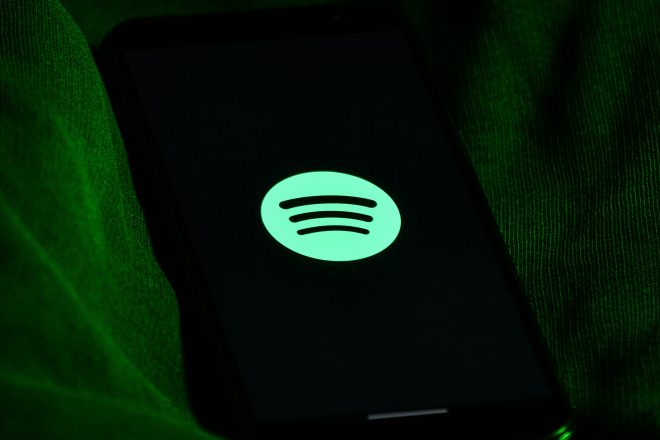UK committee calls for "complete reset" on music streaming industry
The inquiry into working conditions in the creative industries highlighted "pitiful" returns for performers and "poor practices" from streaming services

A report from the UK's Culture, Media and Sport Committee investigating working conditions in the creative industries is calling for a complete reset of music streaming.
The Creator Remuneration Report used case studies from actors, performers, film and TV directors and musicians, examining future-proofing creator rights, freelancing and contractual terms and the economics of music publishing.
"The revenue split between recording and publishing rights does not reflect the importance of songwriters, composers and publishers in the music streaming process", reads the report.
A "complete reset" of music streaming was first called for in the 'Economics of Streaming' inquiry and revisited in the Creator Remuneration Report, wherein it was found that the current remuneration structure makes sustaining a living from music streaming difficult for many — despite billions generated in the UK's economy.
Read this next: How the #BrokenRecord campaign is fighting to fix the music industry
Within the economics of music streaming, the inquiry highlights "pitiful" returns for performers, caused by unequal bargaining power with major labels, inequitable splits in revenues, the dominance of the major music companies over the market, poor music streaming practices including bias in playlisting and algorithmic curation.
Though the government has conducted research into music streaming, the cross-party report urged it to bring forward a package of reforms and measures to incentivise an optimal rate for publishing rights to fairly remunerate music makers for their work.
To support the inquiry, the report enlisted a panel of professionals from music industry advocacy bodies to Academics, musicians such as Nile Rodgers and music business leaders including Merck Mercuriadis the Hipgnosis Songs Fund.
Reflecting on the digitalisation of music distribution, Rodgers told the committee, “I have been doing this for 50 years of my life, and in 50 years, you would have thought that, with the advent of all the new technologies, people like me would have a much better life, that things would be easier and we would all profit together, but that is not the case”.
Read this next: The House That Black Built: Why Black ownership and infrastructure is needed to equalise the music industry
Earlier this year the British Phonographic Industry (BPI) reported that digital streaming now accounts for 87.7% of music consumption in the UK, despite this the industry has repeatedly come under fire for unfair rights for artists.
The EU recently voted to demand fairer pay for musicians from streaming platforms citing concerns with unfair revenue distribution, an imbalance of visibility between popular and emerging artists, and a lack of regulation surrounding AI.
In recent news, James Blake slammed streaming platforms for devaluing music, "people think music is free", the musician shared to social media, critiquing the lack of pay from streaming services and labels which want "a bigger cut than ever".
Over in the U.S., a new bill was brought before Congress aiming to increase royalties paid to artists by increasing compensation to $0.1 per stream as opposed to current numbers which are a fraction of a cent.
Mixmag has reached out to Spotify for comment.
Belle Richardson is Mixmag's Digital Intern, follow her on Twitter.

Mixmag will use the information you provide to send you the Mixmag newsletter using Mailchimp as our marketing platform. You can change your mind at any time by clicking the unsubscribe link in the footer of any email you receive from us. By clicking sign me up you agree that we may process your information in accordance with our privacy policy. Learn more about Mailchimp's privacy practices here.

 Bugged Out Weekender to return to Bognor Regis in 2026
Bugged Out Weekender to return to Bognor Regis in 2026

